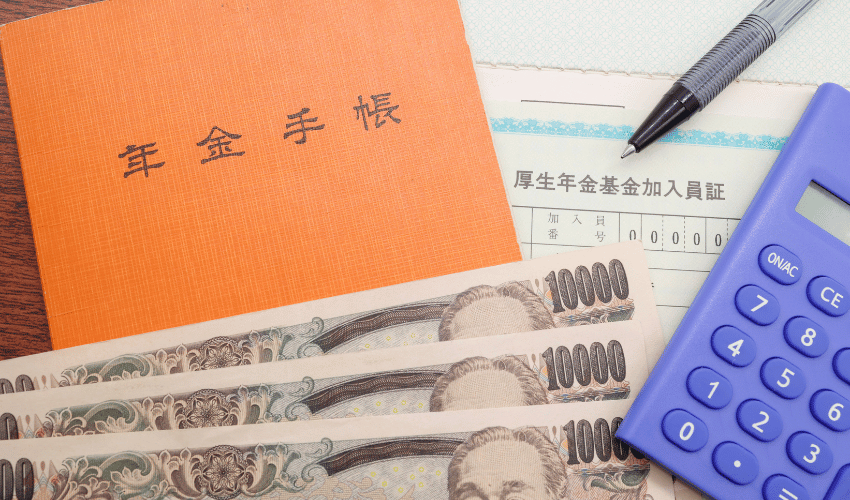Working in Japan can present unique challenges for foreigners due to significant cultural differences in the workplace. Many foreign workers may feel unsure about how to navigate these differences. This article explores common obstacles foreign employees face and offers strategies to help overcome them.
Key Aspects of Japanese Work Culture
Punctuality Is Crucial
Japan places a strong emphasis on punctuality. While some cultures are more lenient about being a few minutes late, the Japanese workplace views tardiness as disrespectful, as it wastes the time of others. Whether attending a meeting or starting your workday, it’s vital to be on time. Developing a habit of preparing early can help you adjust to this expectation.
Follow Instructions Precisely
In Japan, employees are generally expected to follow the tasks assigned to them with precision. Managers and senior staff often provide detailed instructions, which may feel restrictive if you’re used to more autonomy. To ensure you’re on the right track, it’s advisable to check in regularly with your supervisor. For example, if you’re preparing a report, share an outline before proceeding with the full document to make sure you’re aligned with expectations.
Emphasis on Teamwork
Cooperation and teamwork are highly valued in Japanese workplaces. The focus is on working harmoniously with others, even when there are differences in opinions. If you’re accustomed to working independently, adapting to this collaborative environment may be challenging. To succeed, it’s essential to respect your colleagues’ viewpoints and contribute to the team by leveraging your strengths.
Communication Styles in Japan
Japanese communication tends to be indirect, with people often expressing opinions in a more roundabout manner. If you’re used to more straightforward communication, you might find this style confusing. It’s important to ask clarifying questions to ensure you understand what’s being conveyed. Pay close attention to non-verbal cues such as facial expressions and body language, which can also provide important context.
Corporate Hierarchy
Japanese companies typically follow a strict hierarchical structure. At the top are the executives, followed by department heads, section managers, and general employees. In this environment, showing respect for your superiors is crucial, and following their instructions is expected. If you come from a culture where employees of all levels express their opinions freely, you might find this hierarchical system challenging.
When sharing your opinion, it’s best to do so while showing deference to your supervisor or senior team members. Supporting your views with data and facts will make your points more persuasive. If you want to communicate ideas to higher-level management, it’s common practice to go through your direct supervisor rather than bypassing them.
Work-Life Balance and Overtime
Work-life balance can differ significantly from what foreign workers are accustomed to. In some countries, flexible work schedules and generous vacation policies are the norm. While some Japanese companies are beginning to adopt more flexible systems, such practices are not yet widespread. If you need to take an extended vacation, discussing your plans with your supervisor or co-workers well in advance, and avoiding busy periods, might help you gain approval.
Overtime is another cultural difference that may surprise foreign workers. In many countries, minimal overtime is seen as a positive, supporting a healthy balance between personal life and work. In Japan, long working hours have traditionally been common, although efforts are being made to reduce overtime. Managing your time efficiently and asking for help when workloads become unmanageable can help minimize the need for extra hours.
Adjusting to a New Work Culture
For foreigners working in Japan, adapting to these cultural norms may take time, but it’s an opportunity for personal growth. Understanding the key elements of Japanese work culture will help make the transition smoother and improve your experience working for a Japanese company. Keep in mind that every country has its own way of doing things, and consulting with your colleagues when in doubt will go a long way toward helping you adjust.



